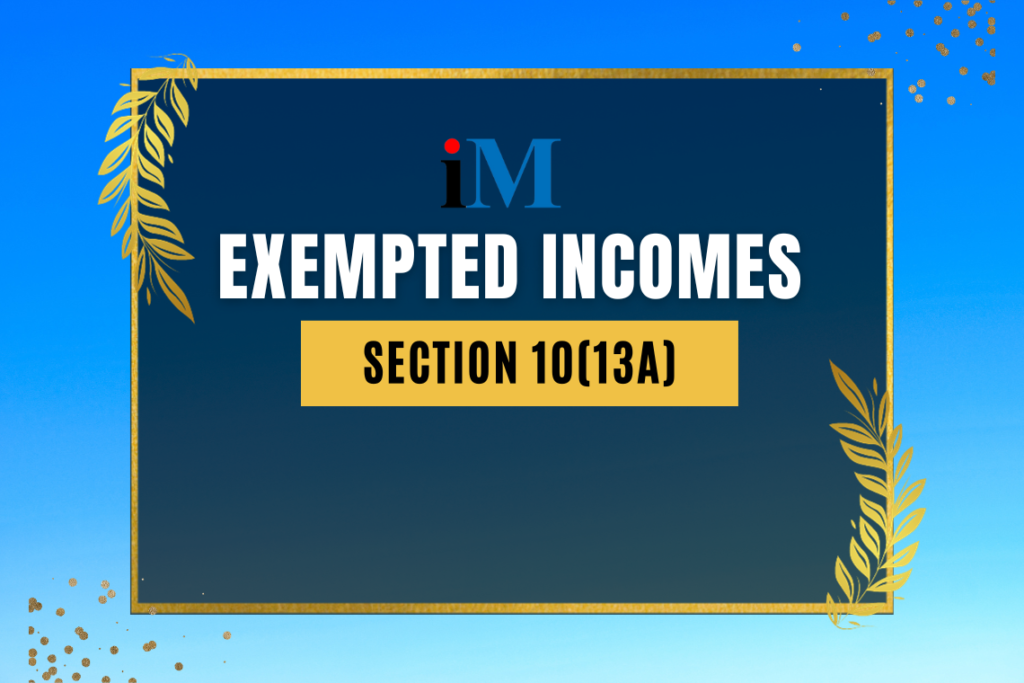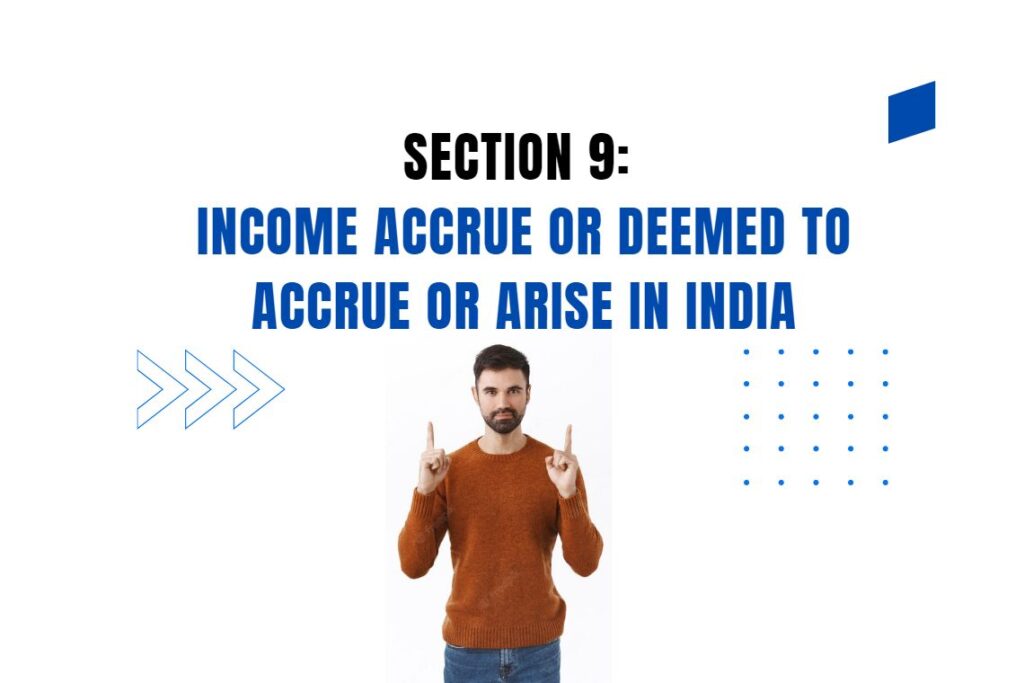House Rent Allowance (HRA) is a common component of most employees’ salary packages. It is provided by employers to help employees meet their rental expenses. However, when it comes to taxation, there are certain rules and regulations that govern the tax treatment of HRA.
Under Section 10(13A) of the Income Tax Act, 1961, the HRA received by an employee is partially exempt from tax. The amount of exemption is determined based on certain factors such as the actual HRA received, the rent paid, and the location of the rented accommodation.
Calculation of HRA Exemption
The HRA exemption is calculated as the minimum of the following three amounts:
- The actual HRA received from the employer.
- 50% of the basic salary plus dearness allowance (DA) for employees living in metro cities (Delhi, Mumbai, Kolkata, and Chennai), and 40% of the basic salary plus DA for employees living in other cities.
- Actual rent paid minus 10% of the basic salary plus DA.
To claim the HRA exemption, the employee must submit Form 12BB to their employer. The employer will then deduct the HRA exemption from the employee’s taxable salary.
Here is an example of how to calculate the HRA exemption:
- Employee’s basic salary: Rs. 50,000
- Employee’s DA: Rs. 10,000
- HRA received from employer: Rs. 30,000
- Actual rent paid: Rs. 40,000
Calculation of HRA exemption:
- 50% of basic salary plus DA: Rs. 30,000 (50% of 50000 + 10000)
- Actual rent paid minus 10% of basic salary plus DA: Rs. 30,000 (40000 – 10% of 50000 + 10000)
Lowest of the three amounts: Rs. 30,000
Therefore, the employee can claim an HRA exemption of Rs. 30,000.
Key Points to be Note:
- HRA exemption can only be claimed for rented houses. If the employee is living in their own house, they cannot claim HRA exemption.
- HRA exemption is only available to salaried employees. Self-employed individuals cannot claim HRA exemption.
- HRA exemption is calculated on a monthly basis. The employee must submit rent receipts to their employer every month to claim HRA exemption.
- If the employee does not submit rent receipts to their employer, the employer will deduct tax on the full amount of HRA.
- The HRA exemption is deducted from the employee’s gross salary before calculating the income tax. This means that the employee will pay less income tax if they can claim a higher HRA exemption.
- To claim the HRA exemption, the employee must provide proof of rent paid in the form of rent receipts or a rent agreement. It is important to note that if the annual rent paid exceeds Rs. 1 lakh, the employee must provide the landlord’s PAN details.



![Residential Status [Sections 5 to 9B]](https://incometaxmanagement.in/wp-content/uploads/2023/09/Residential-Status-Sections-5-to-9B-1024x683.jpg)

![EXEMPTED INCOMES [Section – 10, 10AA, 11 to 13A]](https://incometaxmanagement.in/wp-content/uploads/2023/09/Exempted-Incomes-Section-10-1024x683.jpg)

![Income of an Electoral Trust shall be Exempt [Section 13B]](https://incometaxmanagement.in/wp-content/uploads/2023/10/61-Exempted-Incomes-Section-13B-1024x683.png)
![Incomes of Political Parties [Section-13A]](https://incometaxmanagement.in/wp-content/uploads/2023/10/60-Exempted-Incomes-Section-13A-1024x683.png)
![Special Provisions in respect of Newly-established Units in Special Economic Zones (SEZ) [Section-10AA]](https://incometaxmanagement.in/wp-content/uploads/2023/10/59-Exempted-Incomes-Section-10AA-1024x683.png)
![Exemption in respect of income chargeable to Equalization Levy [Section 10(50)]](https://incometaxmanagement.in/wp-content/uploads/2023/10/58-Exempted-Incomes-Section-1050-1024x683.png)
![Income of a Developmental Financing Institution (DFI) to be Exempt [Section 10(48E)]](https://incometaxmanagement.in/wp-content/uploads/2023/10/57-Exempted-Incomes-Section-1048E-1024x683.png)
